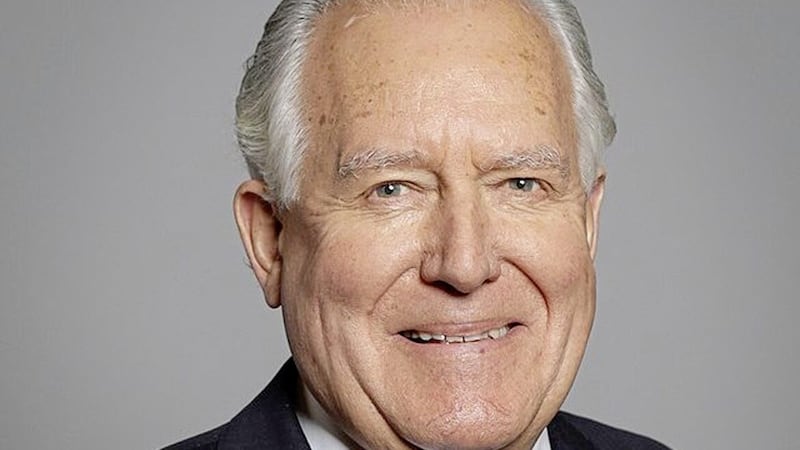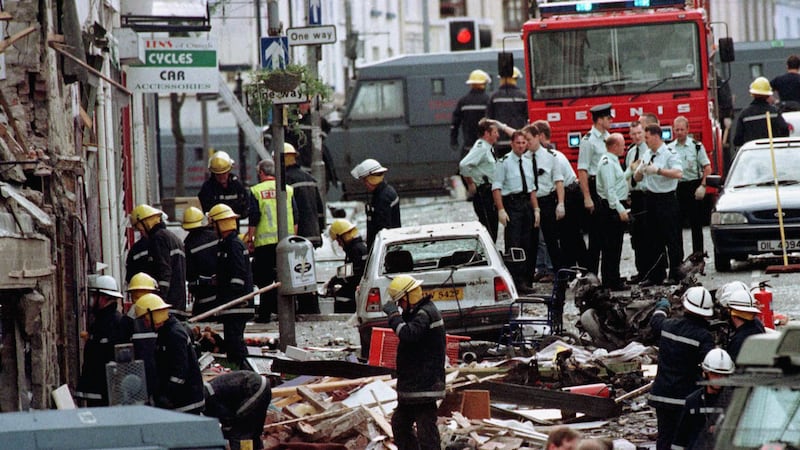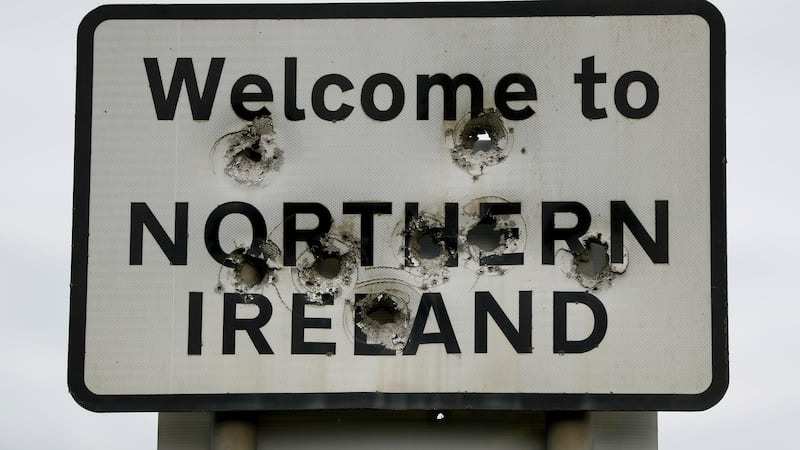TONIGHT the Northern Ireland Troubles (Legacy and Reconciliation Bill) will be debated in the Lords.
It is a shameful piece of legislation and I cannot see how anyone who has a thought for Northern Ireland and the impact of its violent past on victims and survivors can possibly support it.
By offering a low-bar immunity to the perpetrators of some of the most horrific crimes imaginable it is telling them that what they did no longer matters.
And it is saying to victims and survivors of the Troubles in Northern Ireland that what happened to you and your loved ones no longer matters.
This will only inflict more pain and anxiety on the already severely traumatised.
Take the case of John Molloy.
On August 10 1996 John had nearly reached his home in north Belfast when he was confronted by a group of young men and women.
He was repeatedly stabbed in a frenzied attack.
He bled to death on the pavement.
He was just 18 years old.
This bill, if passed in its current form, would offer and indeed encourage the thug who murdered John the chance to seek a kind of legal absolution.
And all that is required under this bill as written is for the perpetrator to tell the story of that night to the best of their ‘knowledge and belief’.
“I murdered him because he was a Catholic.”
They can boast about it to their friends and the world at large if they so wish because the bill says that once granted, immunity cannot be revoked.
No matter what they do subsequently.
What possible comfort can this process bring to the Molloy family or to the families of those murdered while singing hymns in the Darkley Pentecostal Church in 1983, murdered because they were Protestant, or to countless other victims and survivors pushed to the margins by this cruel and heartless piece of legislation which at every turn puts the interests of perpetrators over the needs of victims and survivors?
The reality is that the origins of this legislation had little to do with broad legacy issues and certainly nothing to do with reconciliation.
When the then Secretary of State Brandon Lewis MP unilaterally tore up the Stormont House Agreement without consulting the political parties in Northern Ireland, the Irish Government or victims and survivors, it was clear that the primary focus was on protecting a small number of military veterans from investigation and possible prosecution in contested deaths.
This bill does not differentiate in law between veterans and paramilitaries because as much as the government might want to, it knows that it can’t.
I will never accept a moral equivalence between those sent to protect society and those who brought murder and mayhem to the streets of Northern Ireland and beyond.
But equally I have never believed that those in uniform can do no wrong.
If someone in uniform has broken the law then they must be held to account.
But this bill does not deliver that.
It is specifically designed to close down all routes to justice and accountability including civil proceedings and inquests.
As the bill stands there will be no proper criminal justice investigations, merely ‘reviews’ and readers of The Irish News know the difference between ‘investigation’ and ‘review’.
To say that this could lead to the prosecution of anyone who refuses to take advantage of the immunity process —in effect an amnesty—is disingenuous at best.
There is another way.
My thinking on legacy matters has evolved over the last number of years.
I still believe that the PSNI should be focused on keeping the population of Northern Ireland safe in the here and now and into the future, rather than precious police resources being diverted to legacy cases.
But there is now an alternative to current arrangements .
Operation Kenova is a working model of the way to deal with legacy that provides the information that many victims and survivors desperately want, and at the same time leaves open the route to justice where the evidence reaches the necessary threshold.
For the last two years over 30 files referred by Kenova have been sitting with the seriously under-resourced Northern Ireland Public Prosecution Service.
It is quite wrong of Secretaries of State to criticise Kenova for failing to deliver any prosecutions when they know full well that none had been put before the courts by the PPS.
Kenova under the leadership of former Bedfordshire Chief Constable Jon Boutcher has widespread support from the families who work with it.
It is a model that can be upscaled and at a lower cost than current strategies and it would release the PSNI from the burden of legacy cases.
We frequently refer to the need to develop consensus in Northern Ireland on a range of issues, not least on dealing with the legacy of violence.
And with this legislation the government has certainly contrived to create a consensus the like of which is seldom seen.
This amnesty bill is opposed by every political party in Northern Ireland, by all victims groups, and by the Irish Government.
In the face of that scale of opposition the government should withdraw the bill and think again before it does irreparable damage to victims and survivors who have suffered so much already.
:: Peter Hain was Secretary of State for Northern Ireland from 2005-07


